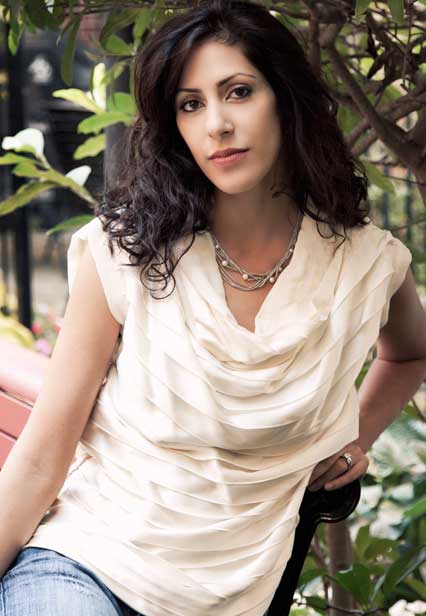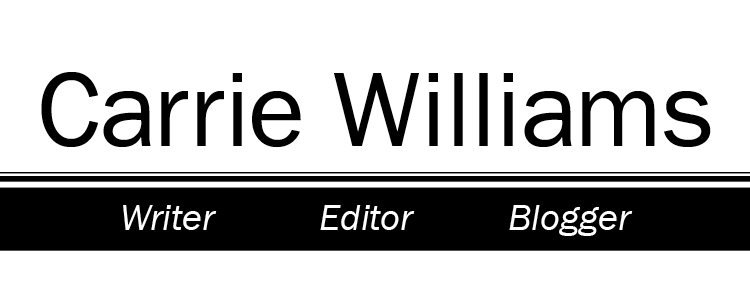Shermin Kruse’s Mission
Shermin Kruse has quite the life story. As a child, she lived in Iran, in the middle of a bloody war with neighboring Iraq and under the control of Iran’s post-revolutionary secret police. She spent the better days of her youth dodging rockets and the morality police until her family immigrated with merely a few suitcases.
Ms. Kruse eventually obtained her law degree from the University of Michigan Law School, where she was editor of the Journal of Law Reform and the law school literary journal, Dicta. After graduation, she went on to become one of the youngest minorities to partner at the Chicago firm of Barack Ferrazzano.
As a strong supporter of the arts and someone who’s passionate about peace between her birthplace (Iran) and her country of citizenship (America), Ms. Kruse co-founded and currently serves as a director of Pasfarda Arts and Cultural Organization, an entity committed to promoting peace between the two nations through the arts.
You may remember Ms. Kruse as one of TCW’s 100 Women of Inspiration, where we profiled her as the author of the novel Butterfly Stitching (Water Bird Press, $18), which tells the story two strong women who show us the beauty of ritual and custom as they clash with crisis and oppression in an old-world regime. But Ms. Kruse doesn’t just write about such tales. She sees these stories unfold with her own eyes.
From Nov. 16-22, Ms. Kruse heads to Turkey to support the Karam Foundation and Zeitouna program. “Karam is a non-profit organized to serve local and global communities in hopes of ending the humanitarian crisis faced by far too many today,” explains Ms. Kruse. “Zeitouna is a creative therapy and physical wellness program designed to inspire and heal the displaced children of the Syrian humanitarian crisis through building bonds between a mentor and a child.”
 Ms. Kruse says that while she’s in Turkey, her job has three components. “First, in my capacity as a private practice attorney, I provide an internal evaluation of the entrepreneurship training workshops and determine criteria by which their effectiveness or potential for improvement can be measured,” she explains. “Due to my advancement in the corporate world, I am in a unique position to evaluate the likelihood of success of entrepreneurial ventures, as well as predicting the many pitfalls and concerns and how to overcome them.”
Ms. Kruse says that while she’s in Turkey, her job has three components. “First, in my capacity as a private practice attorney, I provide an internal evaluation of the entrepreneurship training workshops and determine criteria by which their effectiveness or potential for improvement can be measured,” she explains. “Due to my advancement in the corporate world, I am in a unique position to evaluate the likelihood of success of entrepreneurial ventures, as well as predicting the many pitfalls and concerns and how to overcome them.”
Second, Ms. Kruse reports for the Huffington Post, as well as the Foundation’s blog, on the activities of the Foundation. “This reporting aims to tell the complete truth of the struggles of this massive community, but to also realistically portray their hopes, ambitions and goals,” notes Ms. Kruse. “They have not given up, nor should we give up on them.”
And last, but not least, Ms. Kruse is set to develop and implement a questionnaire to adult members of the refugee community, as well as local Turkish officials, which tests their understanding of the legal process involved in obtaining work permits in Turkey. “I’ll then use the results from this questionnaire to develop a workshop and pamphlets designed to educate the adult refugee population on the legal process involved in obtaining such permits,” says Ms. Kruse.
So how did Ms. Kruse come to be involved with the Karam Foundation? “I was introduced by one of the founders of the program, Lina Sergie Attar, an extraordinary mother of two,” she says. “Lina, a Syrian American living a nice professional life with her family in the suburbs of Chicago, had literally watched as many of her friends and family gave their lives in their efforts to topple the Syrian regime. She determined that she could no longer stand by, and must take action. In a very short time, she and Karam’s co-founder, Kinda Hibrawi, began and propelled their aid and advocacy of their people.”
When Ms. Kruse and Ms. Attar met, their connection was immediate. “It was obvious to both of us that we could do meaningful work together,” recalls Ms. Kruse, who also notes that she instantly knew her passion for human rights could nicely marry her background in the corporate sector to provide improve the lives of civilians. “In particular, I was touched by teenage girls who had high hopes of education and a career in Syria, but were now faced with little to no such opportunities and the potential of sexual violence and extreme economic instability. For these young teens, early marriage is an appealing protection from rape, provides some economic protections and alleviates the burden of their caretaking from their families. I knew that I could make some difference in providing alternative paths for these young women, thought that, as an Iranian immigrant who had risen in the American corporate world, I could serve as an example of what can still be achieved.
The Karam Foundation travels to the Turkish/Syrian border twice a year. “Thus far, they have traveled three times,” she explains. “Once to an IDP camp inside Syria and twice to the Salam School in Reyhanli. This November is the fourth mission, which takes place in the Salam School in Reyhanli. It’s the pilot project of KLP: the Karam Leadership Program, an entrepreneurship and technology boot-camp tailored for Syrian refugee teens.”
The Syrian refugee crisis is considered by many to be the greatest civilian crisis of today, with millions displaced both internally within Syria and externally within the surrounding host countries. “Children that have lost everything but manage still to find joy and hope in their daily lives are a constant example to all of us of resilience and determination,” says Ms. Kruse. “It is widely recognized by psychologists, psychiatrists and international air workers that war-torn children who have no access to the therapy essential to heal from their wounds, fears, nightmares and losses benefit tremendously from something as simple as a one week basketball camp. From being taught a new skill (like chess); from expressing themselves by throwing color on a canvas; from laughing with strangers who they admire and who have overcome woes of their own.”
Besides offering basic aid, such as nutrition and clothing, the Karam Foundation’s physical wellness program has had a measurable impact on the mental health of the children they serve. “And with the launch of the KLP program, Karam will reach new heights in the service it can provide, notes Ms. Kruse. “Meaningful work and secondary education options are absolutely essential to the capabilities of refugees to achieve sustainability and independence for aid organizations. Given the mass proportions of this crisis, self-sustainability of refugees must be a primary goal of the international and aid community. I am honored to be an instrumental part of this program, to evaluate it and to report it.”
In the end, Ms. Kruse believes that, when faced with a crisis of such proportions, at times the average person is overwhelmed by it and feels completely helpless. “After all, how can little old me, an immigrant from Iran, have an impact on a situation of such epic loss and devastation,” she asks. “But the reality is that each of us holds great power in our hands and has gifts to offer. A global community of cooperation is, in fact, a far more productive measure of peace than what any army or national leader could provide. In reading the reports produced by various NGOs about the Syrian refugee crisis, I was not left with despair, but rather hope. The coordination of regular people, like you and me, from all around the world was inspiring. I hope that I can contribute to that sense of inspiration and encourage others to join in this or whatever causes moves them.”

Leave a Reply